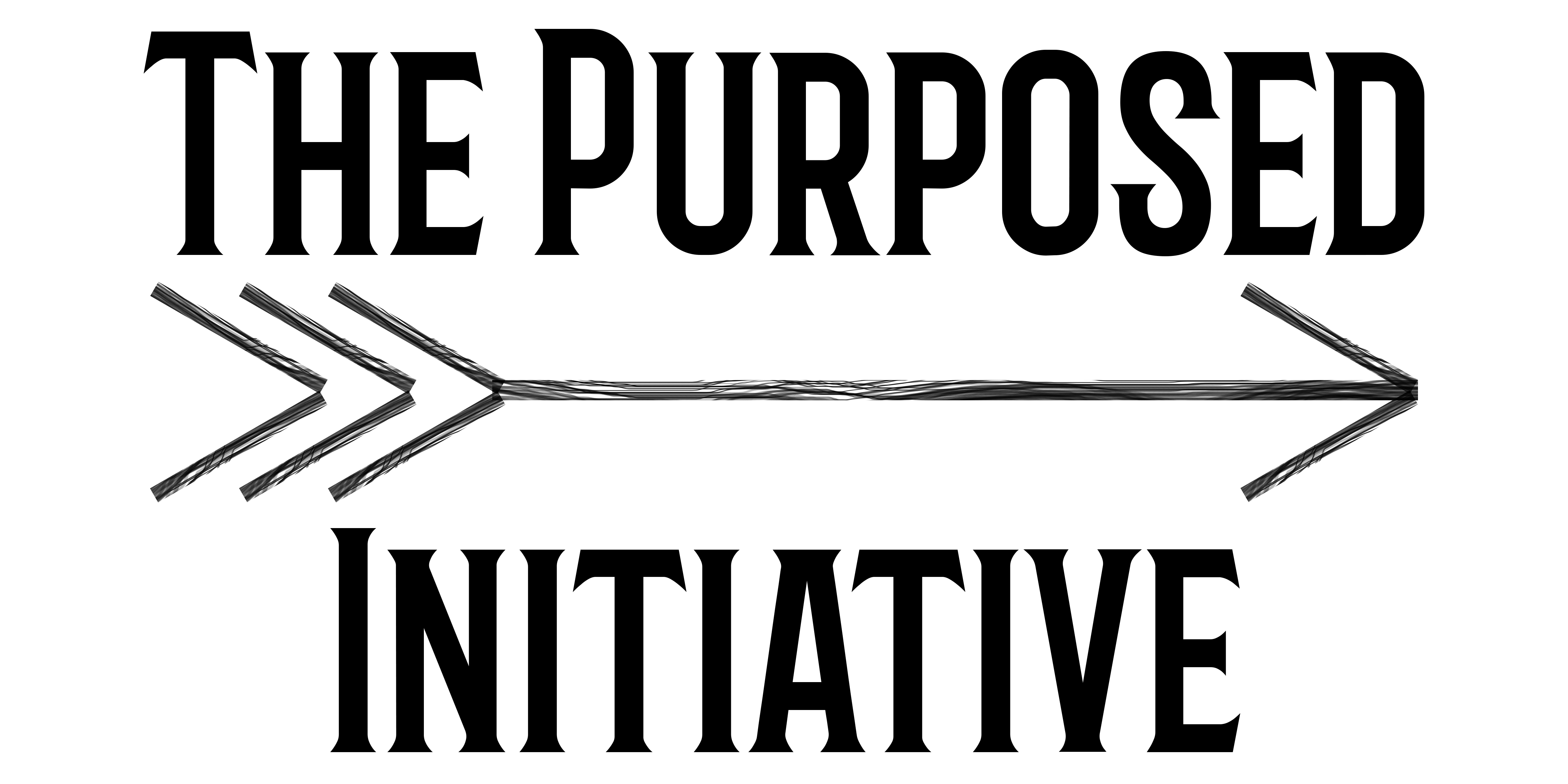“And Stephen, full of grace and power, was doing great wonders and signs among the people. Then some of those who belonged to the synagogue of the Freedmen (as it was called), and some of the Cyrenians, and of the Alexandrians, and of those from Cilicia and Asia, rose up and disputed with Stephen” Acts 6:8-9
Stephen had once been just another face in the crowd, going about his own business, trying to do the right thing and make a living. One day he was offered a position of leadership, and suddenly, he no longer enjoyed the peace that comes with anonymity. People were coming out all over the place to argue with him and attack him. He suddenly found himself in a great position of privilege, but also of scrutiny and enmity. He discovered that standing up for what you believe in, being a leader of a cause and speaking your mind, attracts attention, and often that attention isn’t terribly positive.
I’m the sort of person who hates conflict; I like to be liked. I don’t like confrontation, I don’t like open aggression and hostility, I don’t like people talking about me behind my back, and I certainly don’t like to be publically attacked for my beliefs. But on the other hand, I have never been content to sit on the side lines, to keep quiet when someone needs to speak up, or look the other way when I notice something that needs to be changed. But getting up from the sidelines often means that the spotlight will find you, exposing your weaknesses, your ugliness and your failures. Speaking up often means risking being laughed at, ignored, patronised or told to sit down and shut up. Pursuing change and reform can welcome open hostility and personal attacks. I love the change part, I love the feeling of being part of something that matters, to see lives and culture changed, but I don’t like the criticism and negativity that so often comes with it. Sometimes the prospect of pain, humiliation and failure become so big in my mind that I’ve taken the easy road, kept my seat, shut my mouth, and averted my eyes, and I hate being that person. But here’s what I’m learning; I can’t be a people pleaser and a culture changer at the same time. I have to choose one or the other. If I want to be in the business of challenging, changing and opposing culture, I’m going to have to accept the fact that some people are not going to like it and will be quite vocal in telling me what they think.
The journey Tim and I are embarking on with The Purposed Initiative aims to be culture changing, and that will cause controversy. Not everyone will agree with us, not everyone will like what we are doing, and some will even be openly opposed to our mission. But the way I see it, I can either choose to sit on the sidelines, avoid causing any ripples, avoid offending or upsetting anyone, or I can choose to try and make a difference and challenge the wrongs I see in our culture. I can either choose to be a hater or a changer, and I want to be a changer. What will you choose?

